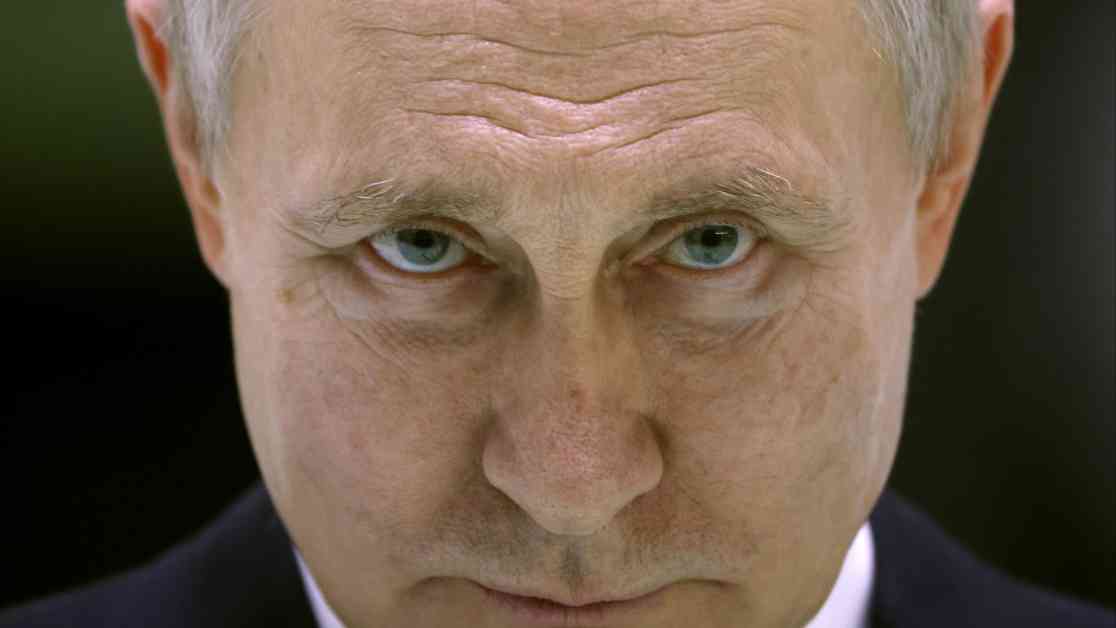Donald Trump recently made headlines for his efforts to end the conflict in Ukraine by initiating negotiations with Vladimir Putin, aiming to bring an end to the bloody violence that has plagued the region for three long years. While President Trump positioned himself as a leader of peace, his actions have raised concerns about the implications for global security and the rise of tyrants.
Trump’s Misguided Approach
Despite Trump’s intentions to establish peace, his approach has been likened to that of Neville Chamberlain rather than Winston Churchill. Chamberlain famously declared “peace for our time” after reaching an agreement with Hitler, only to witness the eruption of World War II shortly after. Similarly, Trump’s willingness to negotiate with Putin, a powerful authoritarian figure who invaded Ukraine, has sparked fears of a potential surrender to aggression.
The US’s Defense Secretary’s acknowledgment that Ukraine may not regain its lost territory or join NATO has been met with criticism, as it reflects a concession to Putin without reciprocal benefits. Trump’s perceived willingness to compromise with dictators has historical parallels to Chamberlain’s failed attempts to appease Hitler, with potential consequences for global stability.
A Precarious Path to Conflict
The implications of Trump’s peace talks with Putin extend beyond Ukraine, sending a message to potential aggressors worldwide. The perceived lack of resolve from the West to defend democratic allies and uphold international law could embolden hostile powers to act with impunity. By prioritizing peace at any cost, Trump risks opening the floodgates to further aggression and instability on a global scale.
The impending threat of World War III looms large as Trump’s actions signal a reluctance to confront authoritarian regimes and defend democratic values. The hesitance to invest resources or intervene in conflicts could set a dangerous precedent, encouraging hostile actors to challenge the existing world order without fear of consequences.
The Impact of Deception
In a separate narrative, the exposure of false claims on a prominent political figure’s CV has raised questions about trustworthiness in leadership. The revelation of inaccuracies in Rachel Reeves’s employment history has sparked concerns about credibility and transparency in public office. While embellishments on a CV are not uncommon, the extent of misinformation in this case has drawn parallels to fictional storytelling.
The need for integrity in economic stewardship is emphasized as Reeves’s credibility comes under scrutiny against a backdrop of economic challenges. As the Chancellor’s credibility wavers, the economy’s performance becomes a focal point, highlighting the importance of honesty and accountability in positions of power.
In conclusion, the intertwined narratives of geopolitical tensions and personal integrity underscore the delicate balance between peace and conflict, truth and deception. The implications of political decisions and personal choices reverberate on a global scale, shaping the course of history and defining the future of nations. As leaders navigate complex challenges, the values of transparency, honesty, and moral courage remain essential pillars of effective governance and societal progress.













